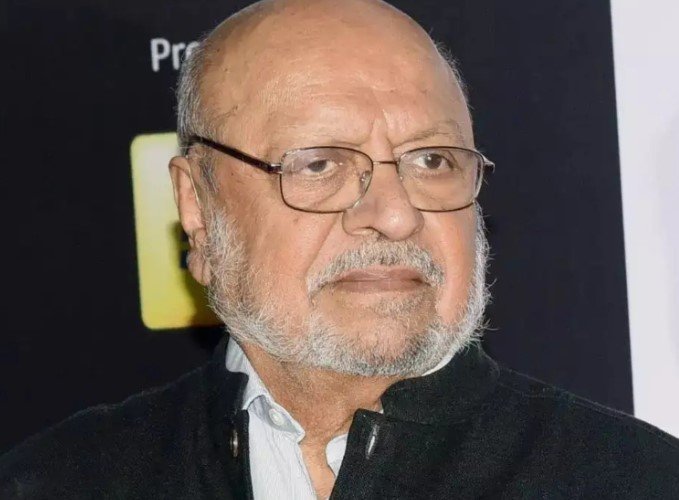Shyam Benegal, a towering figure in Indian cinema, passed away on December 24, 2024, at the age of 90, leaving behind a legacy that shaped the course of the Indian film industry. His death has sparked heartfelt tributes from across the country, including from Prime Minister Narendra Modi and President Droupadi Murmu, both of whom praised his immense contribution to Indian cinema.
A Life of Cinema: Benegal’s Pioneering Legacy
Shyam Benegal, known for his pioneering work in Indian parallel cinema, passed away after battling chronic kidney disease. His films, deeply rooted in social realism, introduced a new era in Indian storytelling, focusing on authentic narratives, complex characters, and socio-political themes. For decades, Benegal’s films were a beacon for a generation of filmmakers who sought to move beyond the mainstream, commercial approach to cinema.
Benegal’s death marks the end of a significant chapter in Indian cinema, one that had a lasting impact on both the industry and the culture at large. His contributions to the world of cinema went beyond just filmmaking—he played an integral role in shaping the Indian film industry’s evolution and opened doors for numerous artists and filmmakers.

Tributes Pour in from the Nation’s Leaders
Both Prime Minister Modi and President Murmu expressed deep sorrow upon hearing of Benegal’s passing, highlighting the filmmaker’s profound influence on the industry and his lasting impact on storytelling.
In a post on X (formerly Twitter), Prime Minister Narendra Modi said, “Deeply saddened by the passing of Shri Shyam Benegal Ji, whose storytelling had a profound impact on Indian cinema. His works will continue to be admired by people from different walks of life. Condolences to his family and admirers. Om Shanti.”
The President, too, paid tribute to Benegal in a separate post on the same platform, writing, “The passing of Shri Shyam Benegal marks the end of a glorious chapter of Indian cinema and television. He started a new kind of cinema and crafted several classics. A veritable institution, he groomed many actors and artists. His extraordinary contribution was recognised in the form of numerous awards including Dadasaheb Phalke Award and Padma Bhushan. My condolences to the members of his family and his countless admirers.”
A Visionary Filmmaker Who Defined Indian Parallel Cinema
Shyam Benegal’s filmmaking style was distinguished by its focus on social issues, progressive narratives, and a deep respect for Indian culture and history. His films were often marked by their focus on marginalized voices and the complexities of Indian society. With classics such as Ankur (1974), Nishant (1975), and Manthan (1976), he became a crucial part of the parallel cinema movement, offering an alternative to the mainstream Bollywood fare of the time.
Benegal’s influence stretched beyond the silver screen. His work brought to light the power of cinema as a medium for societal reflection and change. He didn’t just make films; he used them as tools for social commentary, shaping both public perception and the artistic landscape of the country.
Honoring His Contributions
Throughout his illustrious career, Shyam Benegal received numerous accolades, including the prestigious Dadasaheb Phalke Award and Padma Bhushan, India’s third-highest civilian award. These recognitions were a testament to his exceptional contribution to the world of cinema. His work influenced many aspiring filmmakers, and he was widely regarded as a mentor and guide to a new generation of talent.
Benegal’s legacy extends beyond the camera. He also played a key role in the growth of Indian television, making substantial contributions to the medium. His television series, Bharat Ek Khoj, based on Jawaharlal Nehru’s book Discovery of India, was a landmark achievement and continues to be remembered as one of the finest examples of Indian television history.
